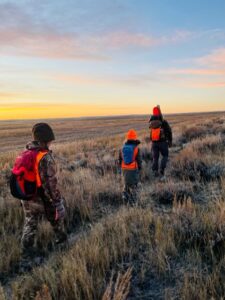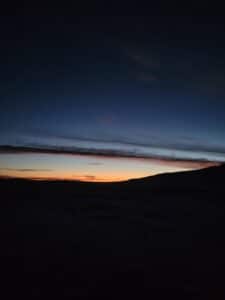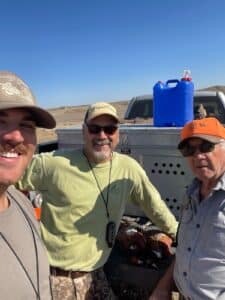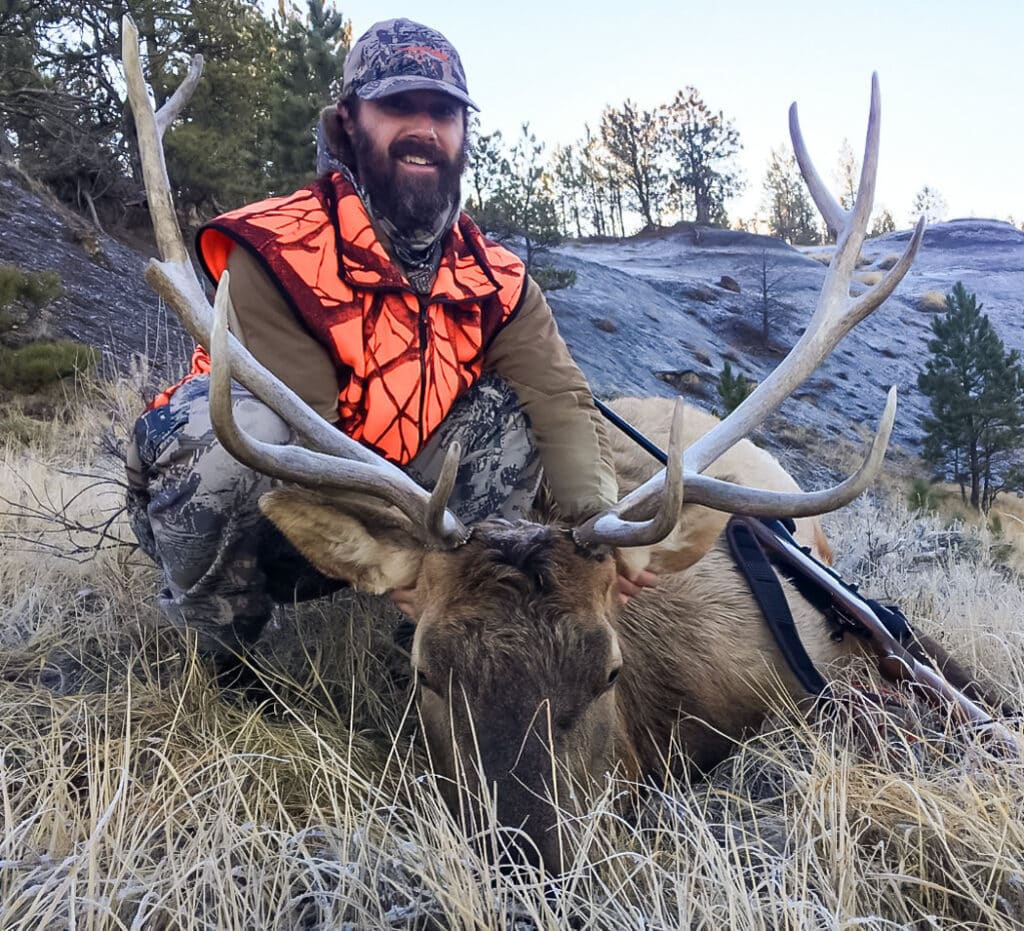Written by Morgan Marks
Photos by Ilona Wilde
Dear Friend,
With magic and mysticism in our hearts, we’re thinking about the meaning of the Winter Solstice in regard to wildlife, habitat, public access, and our work in advocacy.
There are two solstices, winter and summer, and both yield beautiful opportunities to reflect, get outside and think about how the sun “stands still” on these two days of our annual calendar. Each solstice occurs on days that the sun seemingly stalls in its progression around the earth, a movement the sun has been taking since the dawn of our species, since time immemorial.
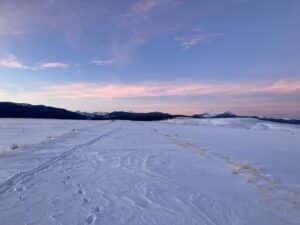
The point of Winter Solstice is to celebrate the rebirth of sunlight after the darkest period of the year. What better way to celebrate than to get outside and immerse yourself in the outdoors?
Here are a few ideas to get your mind thinking about celebrating this important day and getting outside:
- First and foremost, prepare for dangerous and extreme cold – dress in layers, bring extra water, bring snacks, put blankets in your car, know where you’re going, and make sure someone else knows, too!
- Take a local adventure, and put on your winter boots with great traction or fit your Yak-Trax to your sneakers and take a walk around your neighborhood. Check the temperature ahead of time and prepare for a short time outside this week!
- Choose an even more local adventure and step barefoot in your own backyard to connect to the earth by grounding through your feet in your own space.
- Seek out a new place to access public land or go to your well-trodden stomping grounds and take a hike, check out wildlife tracks and try to identify them. Or, simply stand and witness what you can feel, see, hear, and touch by experiencing a new place for the first time or an old place with new eyes.
No matter what you choose, even if it’s kicking back indoors with a hot beverage of your choice and slippers on, know that we’re rooting for you and celebrating with you.
Stay well and safe, and we’ll see you outside,
The MWF Team

